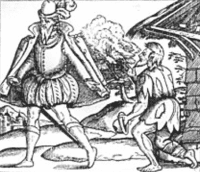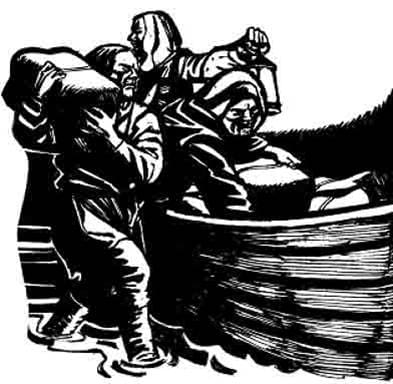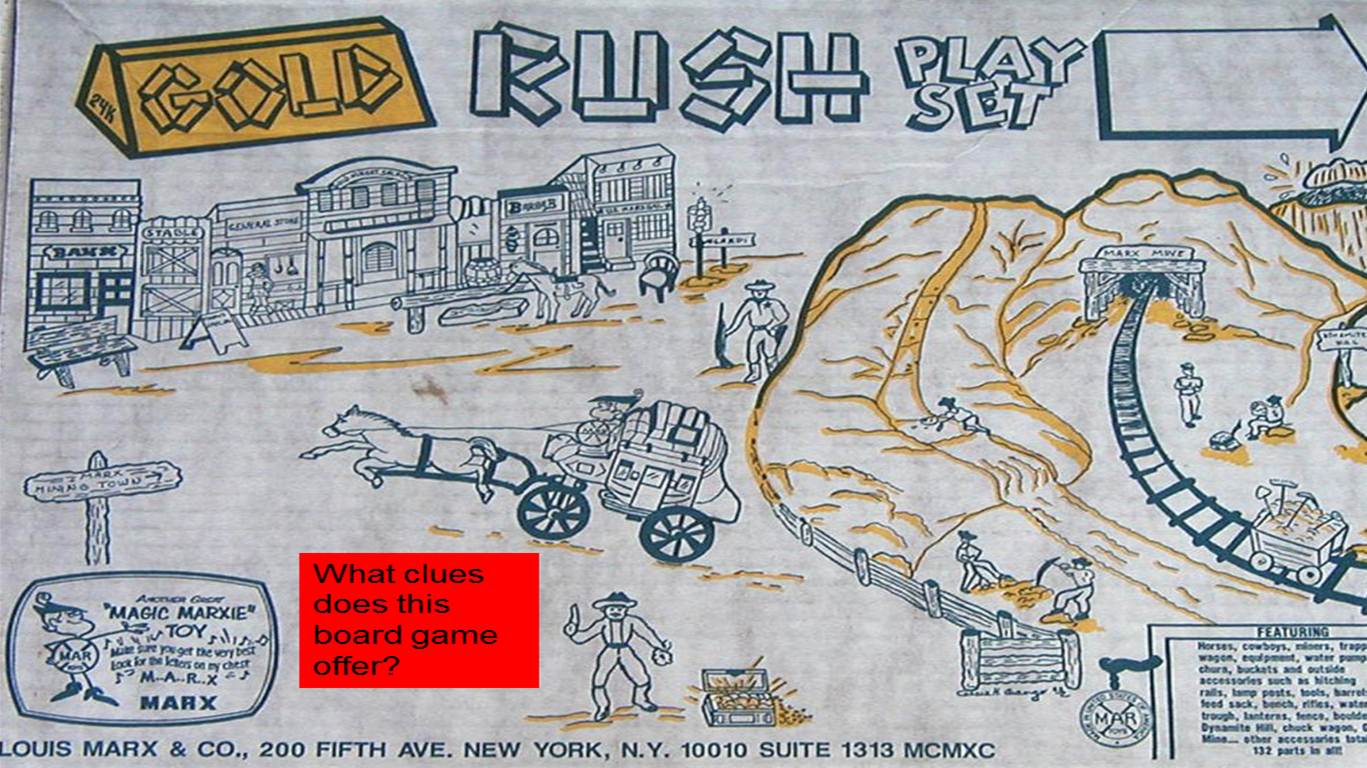
GCSE lesson in which students work through a range of differentiated clues to work out 8 reasons which help answer the lessons’ enquiry question before evaluating how well a recent textbook explains it.
So often I have seen this lesson taught directly from textbooks and handouts. Textbooks clearly have their reference uses, but for the student they suffer from one serious defect: a problem is solved at the outset. Students are given too complete an answer with insufficient consideration being given to the process of arriving at a conclusion; the student becomes the passive recipient if someone else’s work. This lesson will serve as an antidote. It is the first in a three-part enquiry:
Why did vagrancy become such an important issue in Elizabethan England?
Learning objectives
- To work out 7 possible reasons for the increase in vagrancy in the Elizabethan period
- To analyse a range of types of sources




